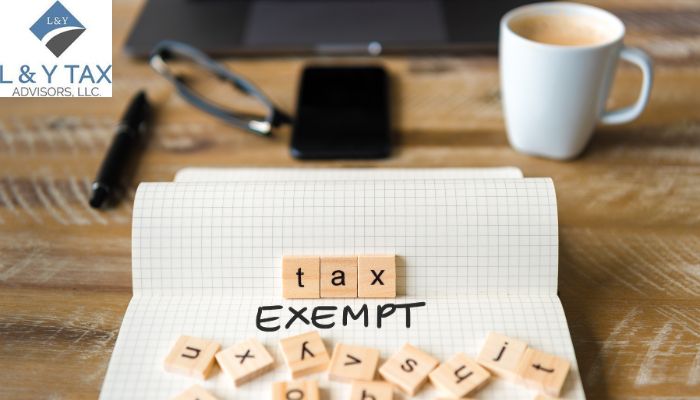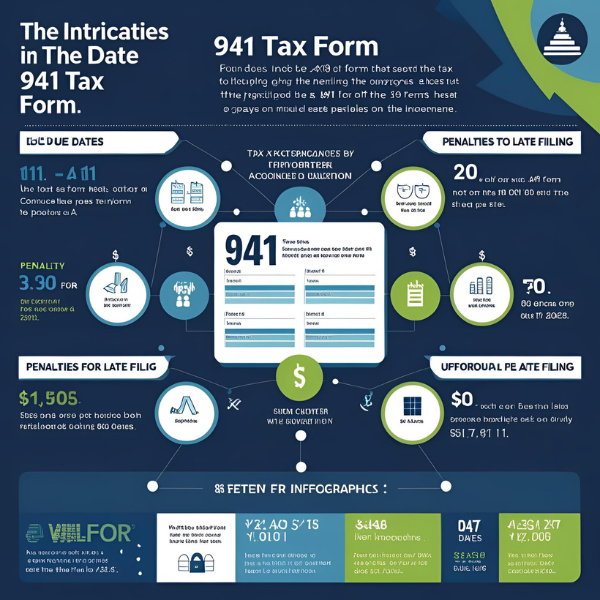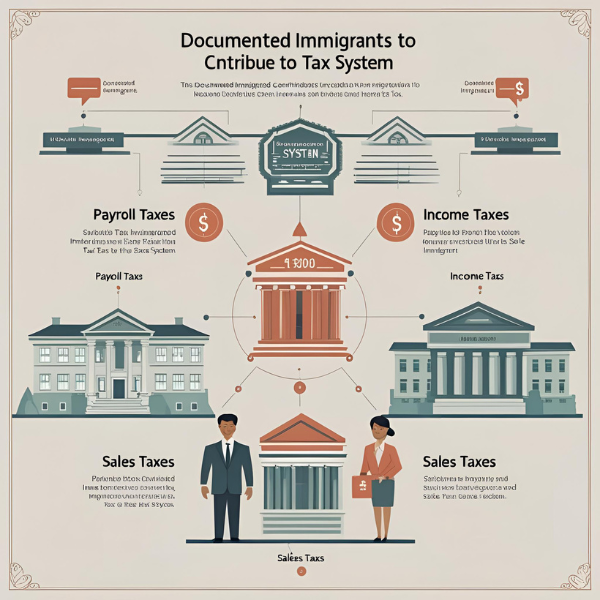
What is the Difference Between Exempt and Zero Rated?
Businesses negotiating tax restrictions must comprehend the differences between ‘exempt’ and ‘zero-rated’ sales. These terms are frequently used synonymously. But what is the difference between exempt and zero rated?
There are important distinctions between these terms. They impact how various firms handle taxes.
Our taxation professionals help you learn what is the difference between exempt and zero rated. You will also learn their consequences for consumers and businesses alike.
Get in touch with our residential property tax services.
What is Exempt and Zero-Rated Sales?
Regarding tax laws, the terms ‘zero-rated’ and ‘exempt’ relate to various classifications under the regimes of:
- Value Added Tax (VAT)
- Goods and Services Tax (GST)
Exempt Sales
Sales in which specific products or services are entirely exempt from GST or VAT are known as exemption sales. This implies that tax is not imposed on the sale.
Companies are not eligible to claim an input tax credit for the GST or VAT they have already paid on costs associated with these sales. For example:
- Financial services
- Healthcare services
- Educational costs
Zero-Rated Sales
Zero-rated sales, however, are liable to GST or VAT but at a zero percent rate. Although these sales are tax-free for businesses, they can get input tax credits for the GST or VAT they have paid on their operating costs.
The ability to recoup input tax payments is a crucial feature of this distinction for companies offering zero-rated goods and services. Typical examples of zero-rated purchases are prescription medications, medical supplies, and basic groceries.
Is Zero-Rated the Same as Exempt?
Exempt and zero-rated supplies significantly affect how firms operate financially and file taxes, even though they seem comparable because neither requires collecting taxes on sales.
Tax Collection and Input Credits
The ability to recover input VAT is the main difference between exempt and zero-rated supplies. With zero-rated supplies, companies can write off the VAT they spent on their inputs, lowering their overall tax liability.
Exempt supplies prevent companies from recovering input VAT, which can raise overall costs since the VAT paid on purchases becomes an irrecoverable charge.
Impact on Taxable Turnover
Exempt supplies do not count against a company’s taxable turnover, which may impact whether a company must register for VAT or GST. Nonetheless, zero-rated goods count against the taxable turnover, guaranteeing that companies stay in the tax system and qualify for input tax credits.
Business Consequences
The difference between exempt and zero-rated supplies has significant business ramifications. Significant tax recovery can help businesses that deal primarily in zero-rated items, improving their cash flow and financial stability.
On the other hand, companies providing exempt services could have to pay more for running expenses as they can’t get input taxes back.
Contact our business property tax services.
The Bottom Line
A comprehensive understanding about what is the difference between exempt and zero rated is necessary for efficient tax management. Both words suggest that there is no tax on the sale, yet they are treated very differently in the GST and VAT systems. Reclaiming input taxes is an advantage of zero-rated sales over exempt sales. In order to maximize tax efficiency and compliance, businesses need to thoroughly evaluate their transactions and ensure that they are able to negotiate the complexities of tax legislation properly.


